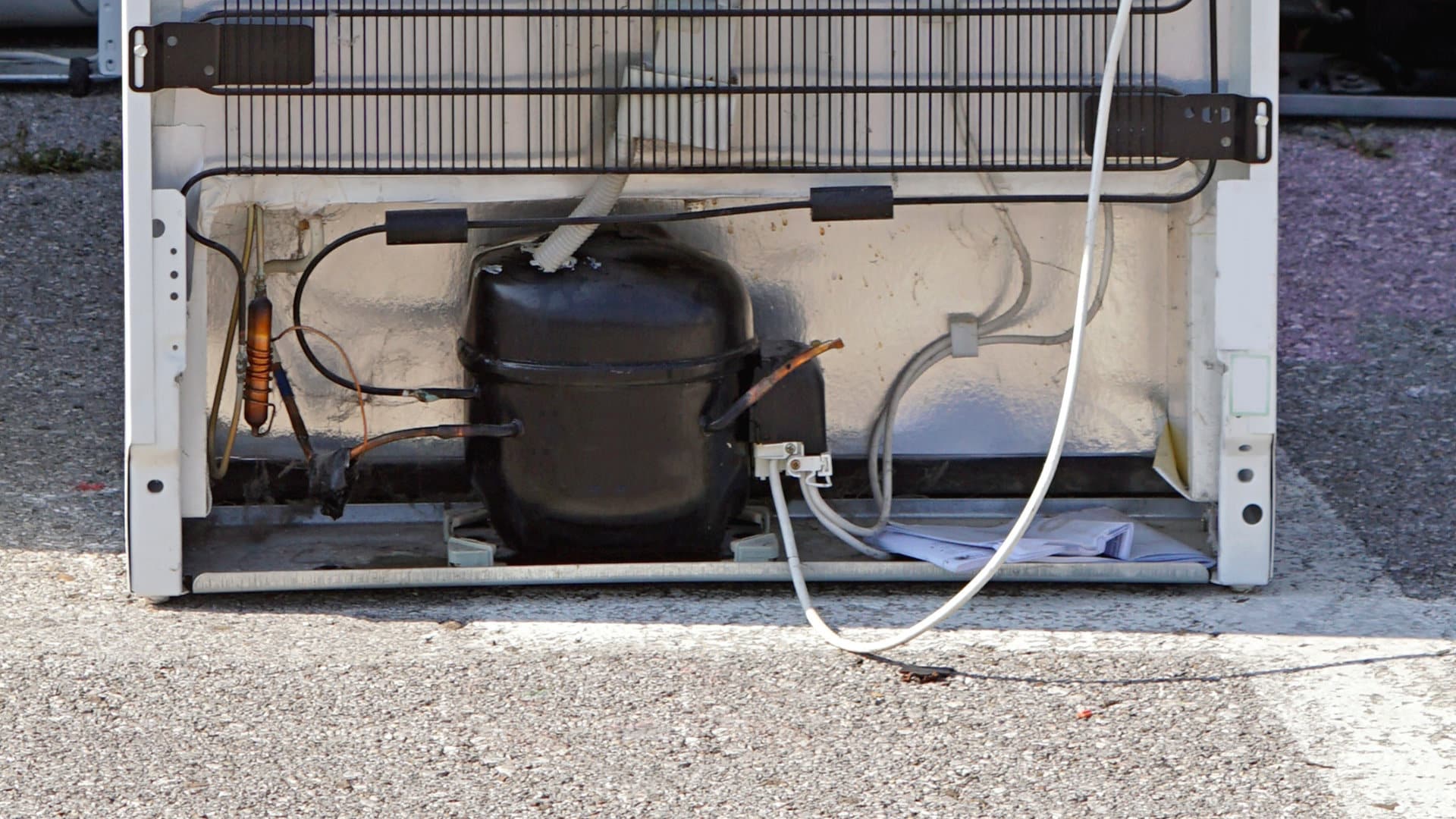
It’s normal for your refrigerator’s compressor to feel warm or a little hot when running. However, if it’s too hot or makes loud or unusual noises, an issue might exist that could lead to more significant problems if left unresolved.
This article will help you determine whether your fridge’s compressor is overheating or just emitting a normal amount of heat. We’ll list the most common causes and offer some tips for fixing potential issues.
But first, let’s look at how refrigerator compressors work so you’ll have a good understanding of why they get warm in the first place.
How Does a Refrigerator Compressor Work?
A refrigerator compressor is a vital component that moves refrigerant through the system. It compresses the cold, low-pressure refrigerant in gas form, turning it into a hot, higher-pressure liquid.
The hot compressed refrigerant is then pumped out of the compressor, passing through the fridge’s condenser coils, evaporator coils, and other components. This causes the refrigerant to undergo the other critical phases of the refrigeration cycle, which include condensation, expansion, and evaporation.
This cycle allows the refrigerator to transfer heat from its interior, lowering its temperature so your food stays cool and fresh.
A healthy, properly functioning refrigerator compressor typically reaches temperatures of between 95°F and 122°F (35°C and 50°C). The threshold at which we feel pain from heat is 112.3°F or 44.6°C, meaning a compressor should feel hot, even uncomfortably hot, to the touch—but not so hot it causes burns or severe discomfort.
Obviously, it’s best and safest to use an infrared thermometer to check the temperature of your compressor, especially if you believe it’s excessively hot or if you can smell burning.
Common Causes of a Fridge’s Compressor Overheating
If you believe your compressor is hotter than it normally should be, especially if it coincides with loud or unusual noises coming from the compressor or your fridge not cooling properly, here are six potential causes to help you troubleshoot the issue:
1. Condenser Coils are Dirty
The condenser coils are a key part of the refrigeration cycle, and if they become excessively dirty, they can’t do their job properly, which is releasing heat. This disrupts the refrigeration cycle, causing the compressor to overwork to maintain the correct temperature, leading to the compressor getting hotter than usual.
You can typically find the condenser coils at the bottom of the back of the fridge; you’ll likely need to pull the appliance away from the wall to access them.
Once located, using your user manual for help if needed, inspect whether they’re covered in dirt, dust, or hair. If so, turn off the appliance and gently clean the condenser coils using a soft, slender brush and a vacuum cleaner with the hose attached.
2. A Faulty Fan
If one of the refrigerator fans is faulty, it can affect air circulation, leading to components like the compressor overheating. The condenser fan is especially important for helping to keep the compressor cool, so if it becomes blocked or faulty, there’s a good chance the compressor will get extra hot.
You can find the condenser fan on the back of the fridge, near the compressor and condenser coils. Refer to your user manual if you need help locating it.
Check if any obstructions are preventing the fan blades from turning. If so, turn off the appliance and wipe away any dirt buildup to see if it fixes the issue. If the condenser fan is broken, it will need replacing.
3. The Fridge Is Overly Full
Overstocking your fridge with food may cause it not to cool properly and the compressor to overheat. That’s because it can block vents and restrict airflow, so the fridge can’t circulate cold air adequately, leading to the compressor overworking to compensate.
Try removing or repositioning some items, especially if they’re near the vents, ensuring you leave room between each item so the air can circulate freely. Monitor the appliance for a few hours afterward to see if that has enabled your compressor to work less hard and cool down.
4. Low Refrigerant Levels
Low levels of refrigerant in the system, perhaps caused by a leak, will prevent the fridge from being able to maintain the correct temperature efficiently, leading to components like the compressor overworking and overheating.
However, checking and topping up your refrigerant levels is something only a qualified appliance repair technician can do; you can’t fix it yourself. So call a professional if you believe that could be the cause.
5. The Fridge Is in a Bad Location
Sometimes, the compressor might overheat because the refrigerator is in a bad location. By that, we mean it’s in direct sunlight or in an area with poor ventilation or high humidity. Each of these can potentially cause the compressor to have to work harder to keep the refrigerator cool, leading to it overheating.
If you believe its location may be contributing to the problem, try placing the fridge in a more suitable location or improving ventilation to see if that helps.
6. An Electrical Issue
An insufficient voltage supply is another common cause of the compressor getting overly hot. Again, it means the refrigerator must work harder to keep food cold. Likewise, electrical issues may cause too much power to be sent to the appliance, leading to overheating.
You can check for electrical issues by unplugging the appliance, removing the back panel, and inspecting all wiring, especially wiring near the compressor, for any loose wires, disconnected terminals, or damage. Fix, reconnect, or tighten any wires you see that could be causing issues, and replace or repair any damaged wiring.
Summary
A warm or slightly hot refrigerator compressor is normal and not a cause for concern. But if it’s excessively hot, accompanied by strange noises, or the fridge isn’t cooling properly, it’s a good idea to find out and fix what’s causing the problems to prevent bigger ones down the road.
If a compressor fails, it can be an expensive and difficult component to replace, so it’s worth doing what you can, such as following the tips above, to maintain the health of your appliance.
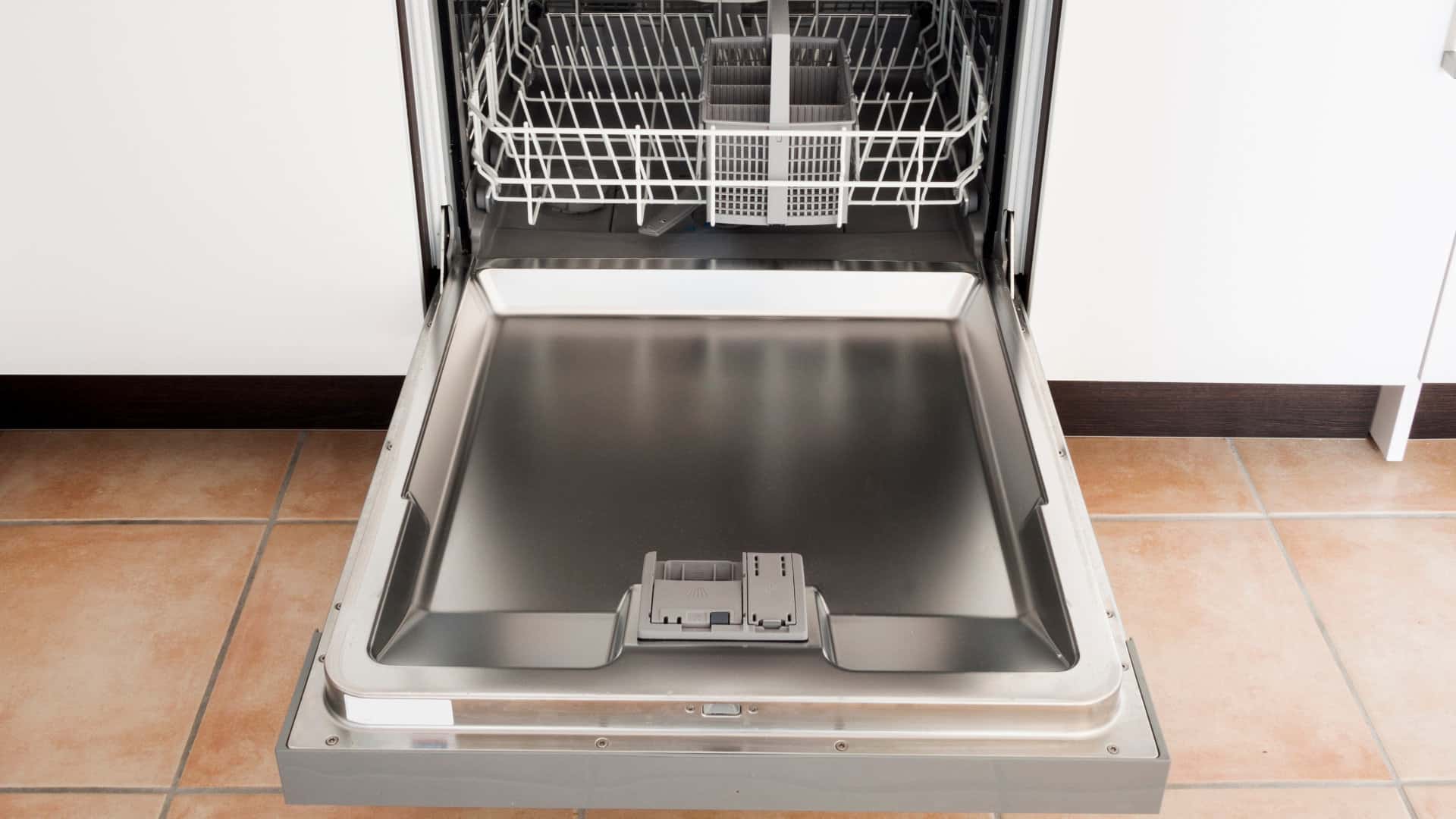
How to Resolve the Bosch Dishwasher E15 Error Code
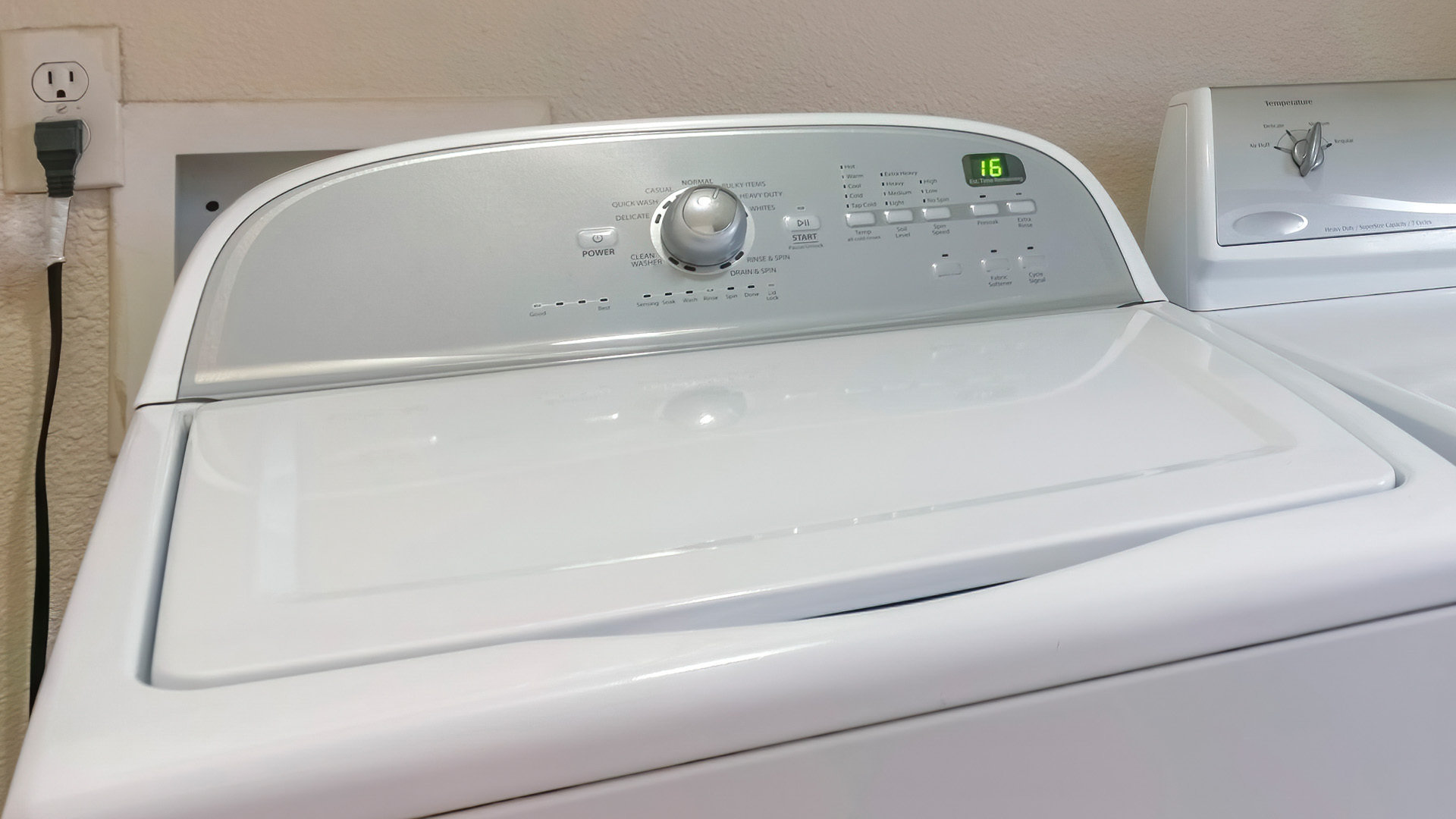
How to Balance a Washing Machine (5 Quick Tips)
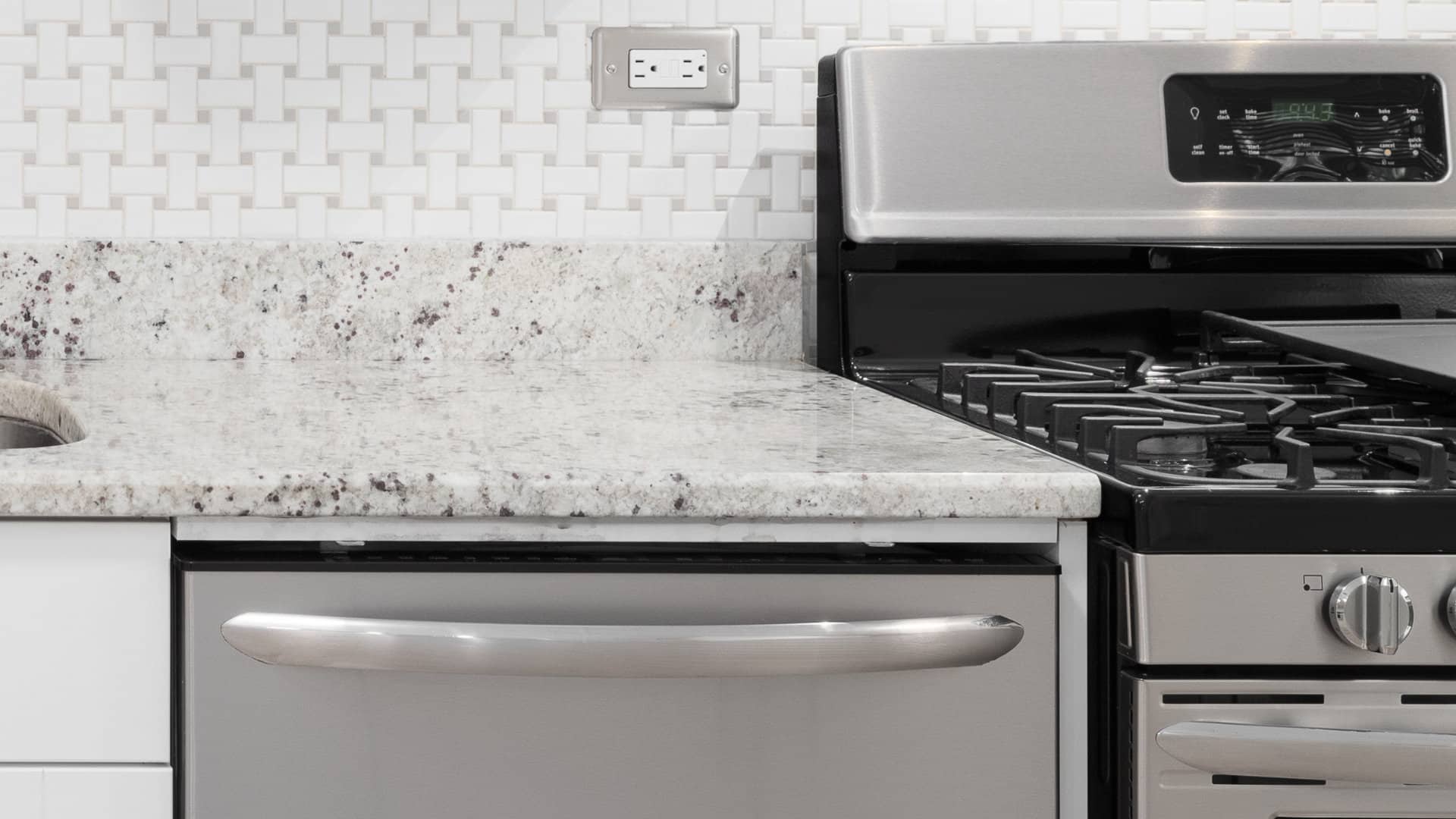
Solutions for a Frigidaire Gas Stove Oven Failure
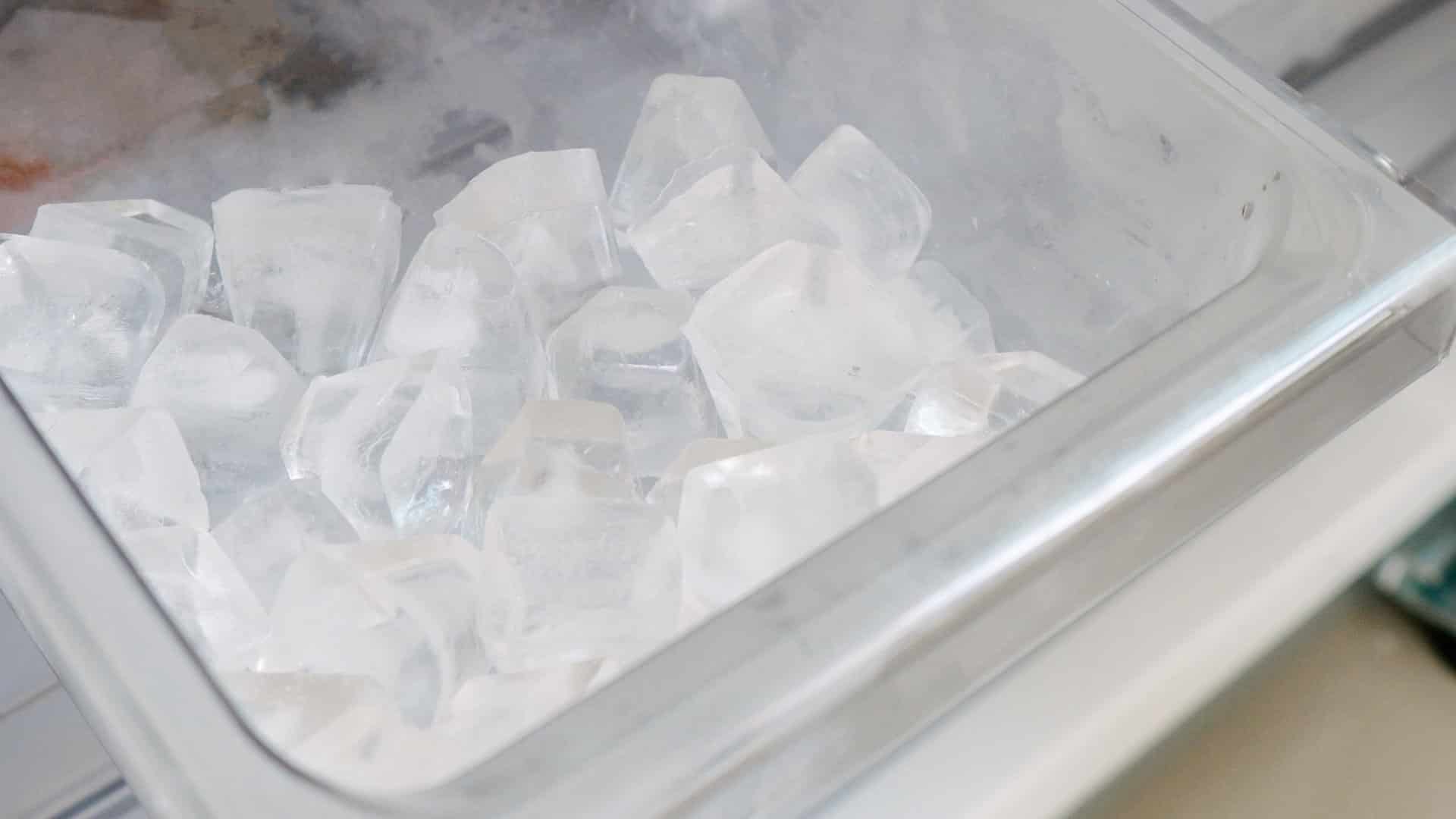
How to Fix a GE Ice Maker Not Working (Quick Fixes)
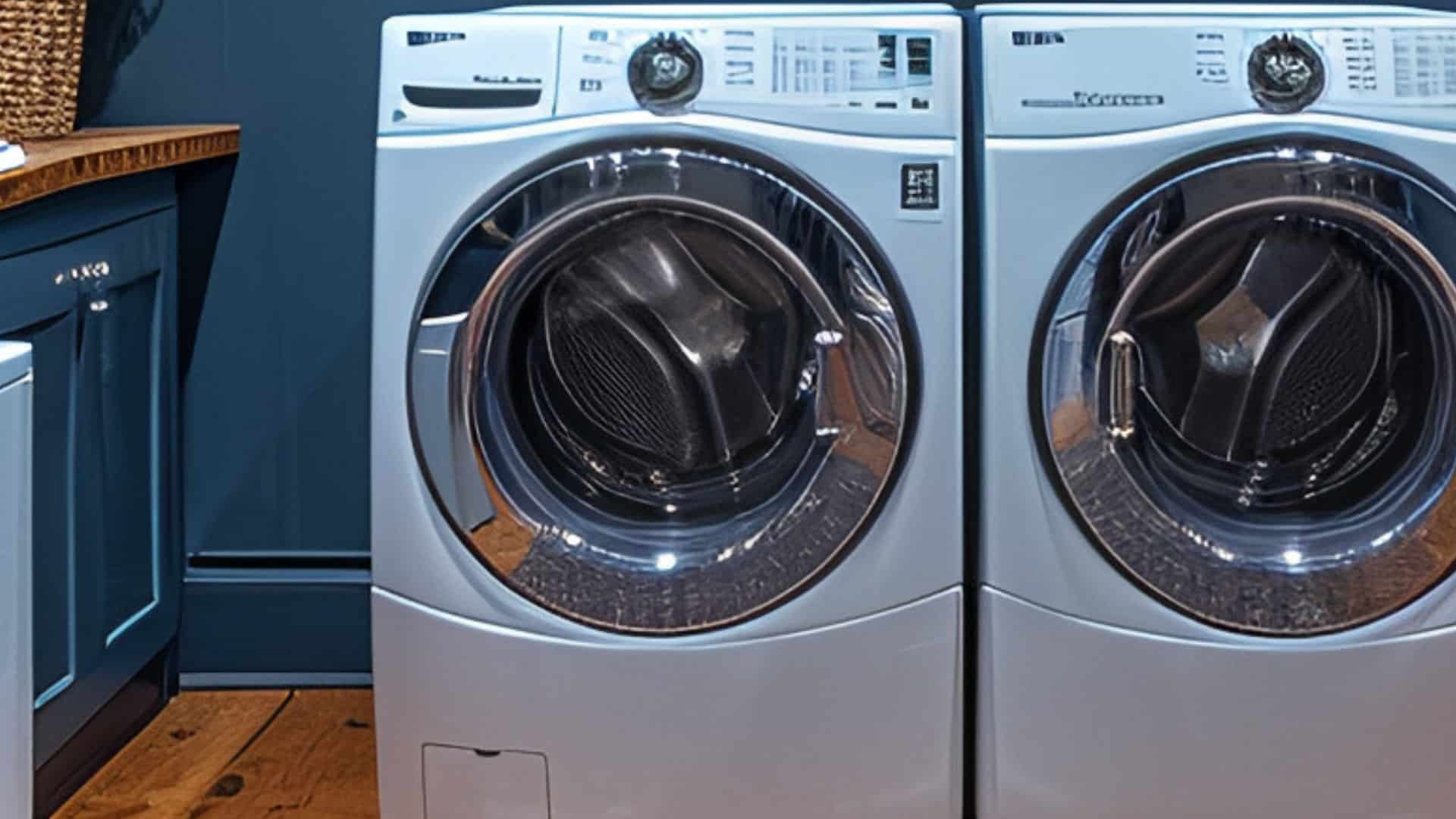
How to Fix the Electrolux Dryer Error Code E64
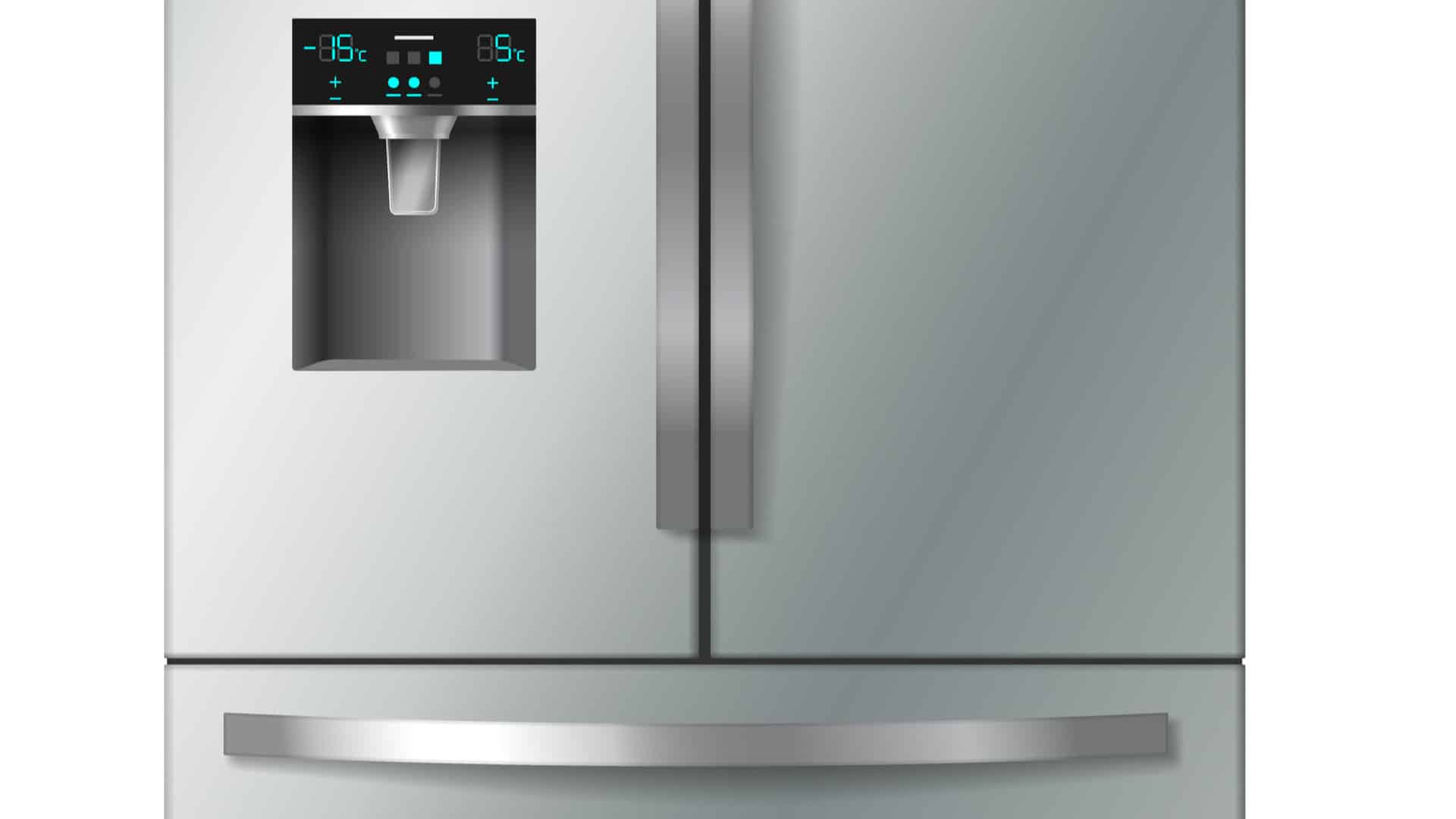
Is Your Whirlpool Ice Maker Not Working? Here’s Why
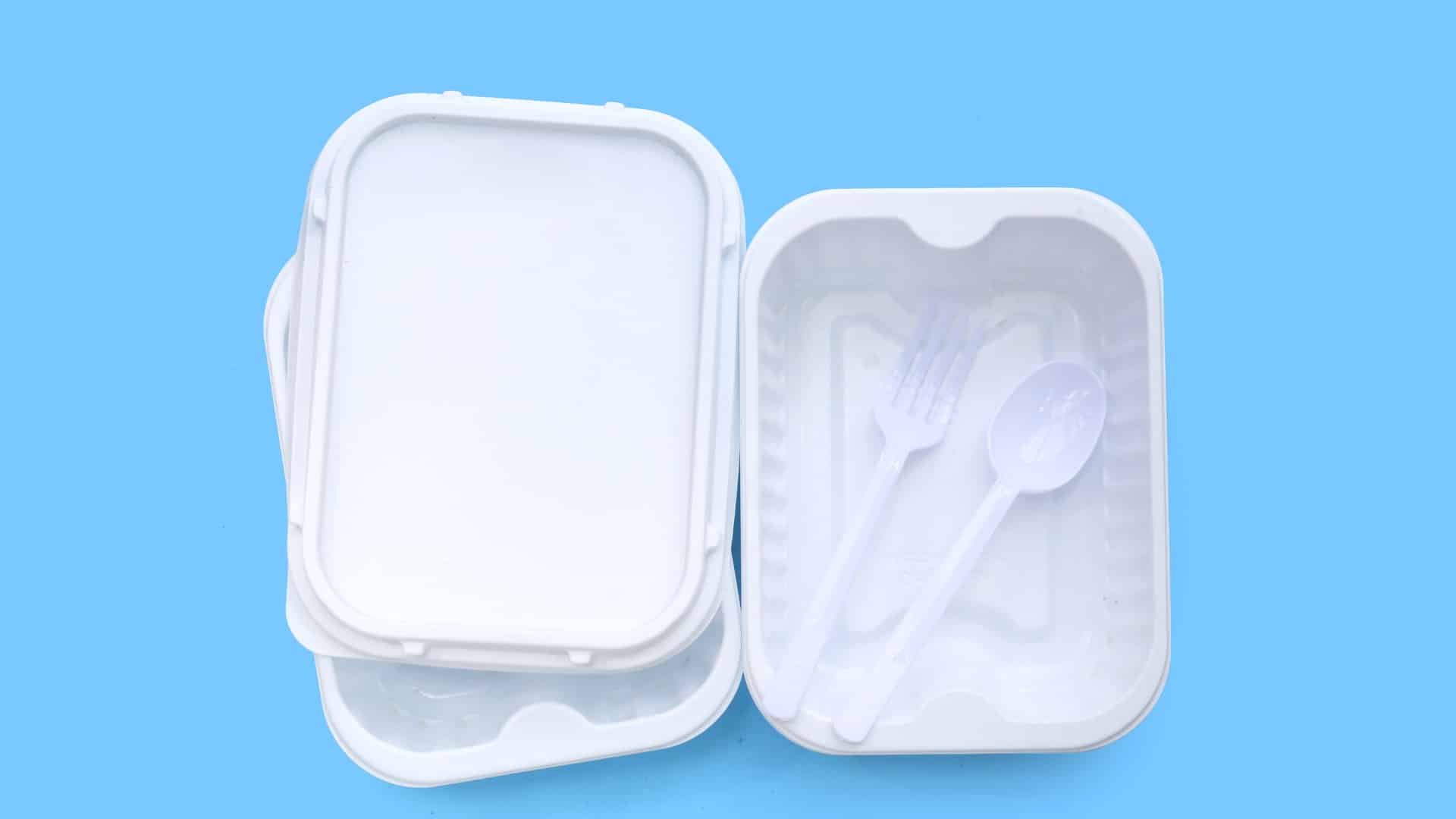
Can Styrofoam Be Microwaved? (Safety and Risks)
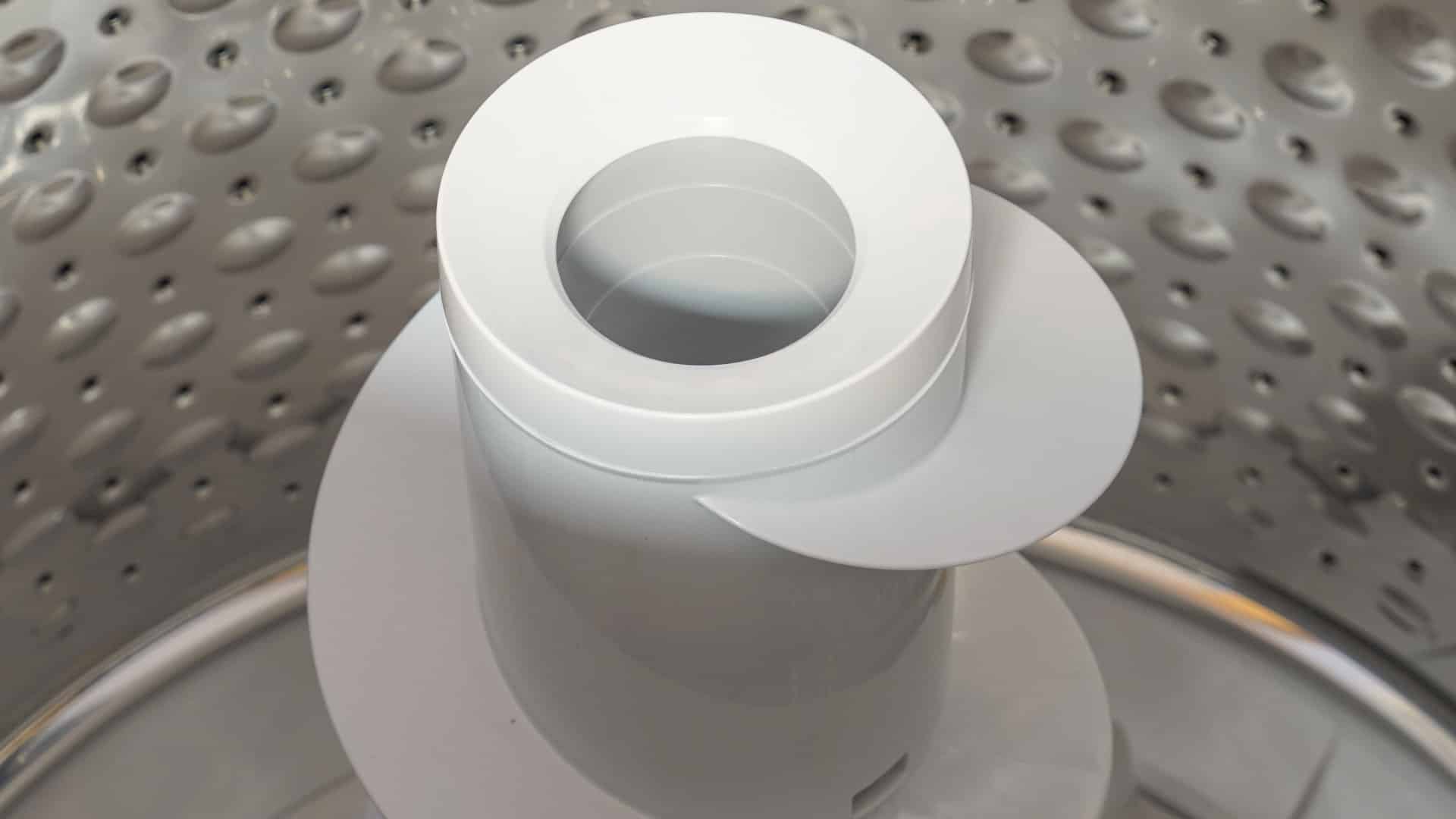
Agitator vs. No Agitator Washer: What’s Best?

Why Is Your Refrigerator Compressor Hot? (6 Potential Causes)
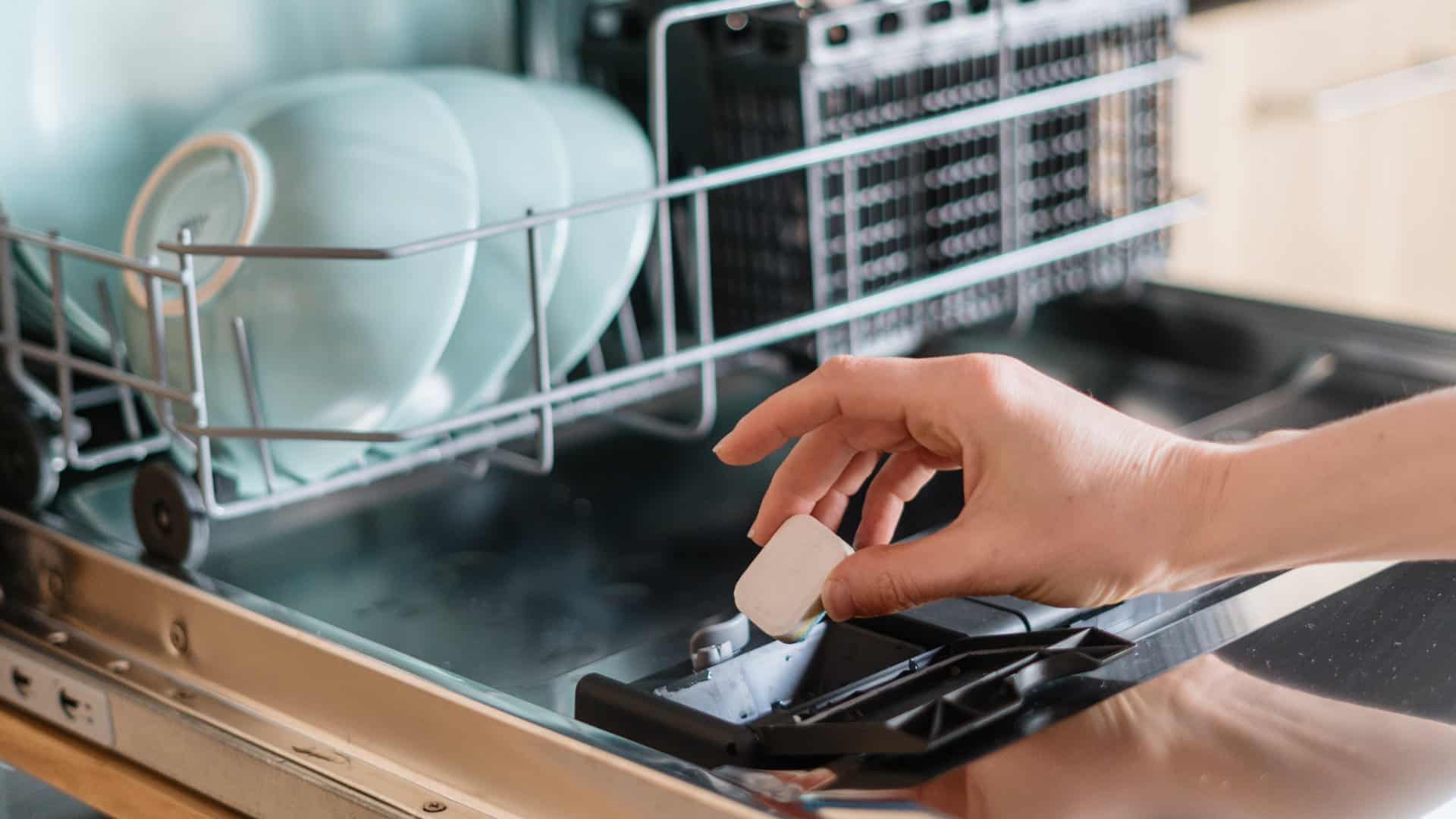
How to Use Dishwasher Pods
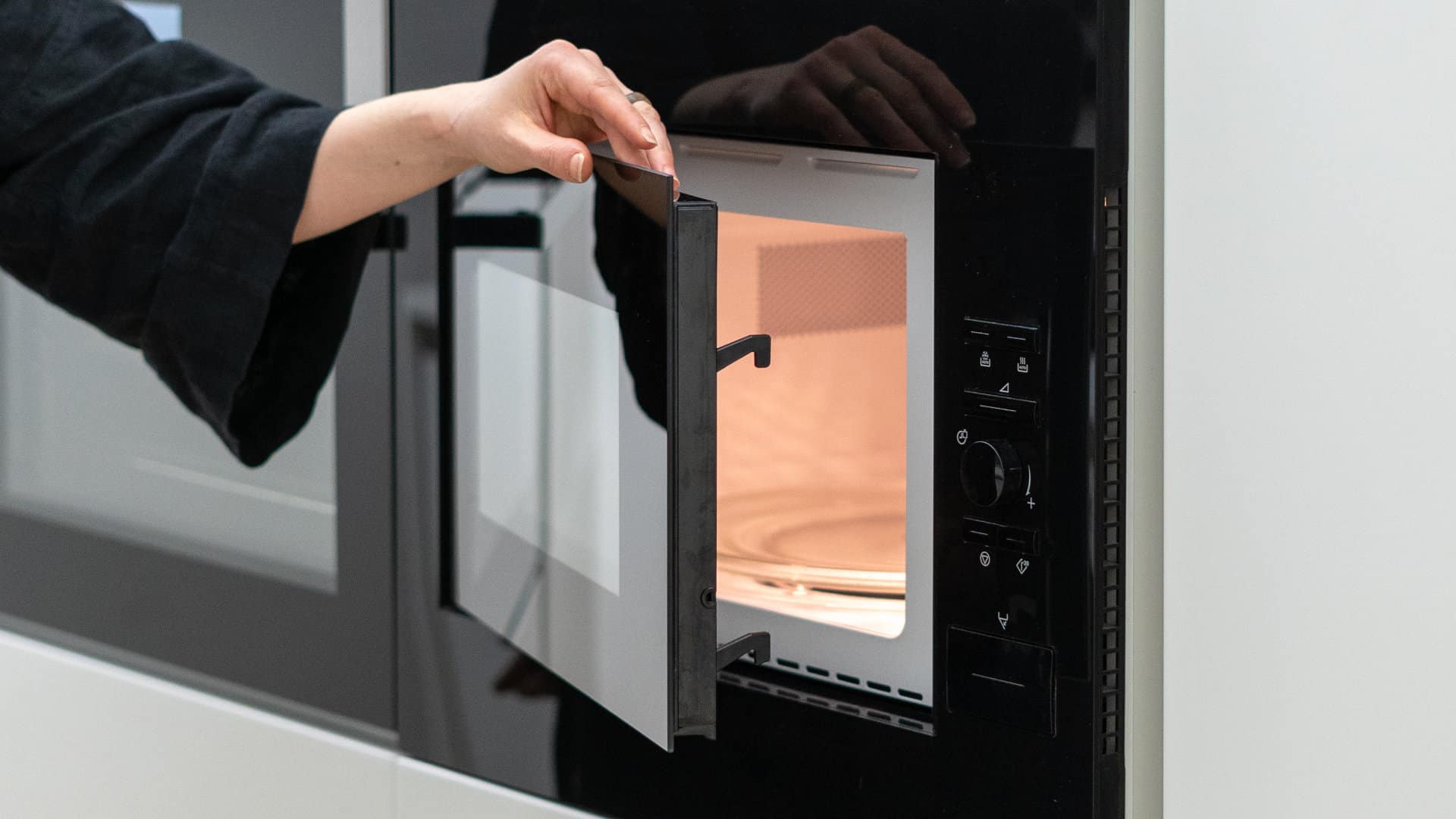
How to Unlock Your Microwave
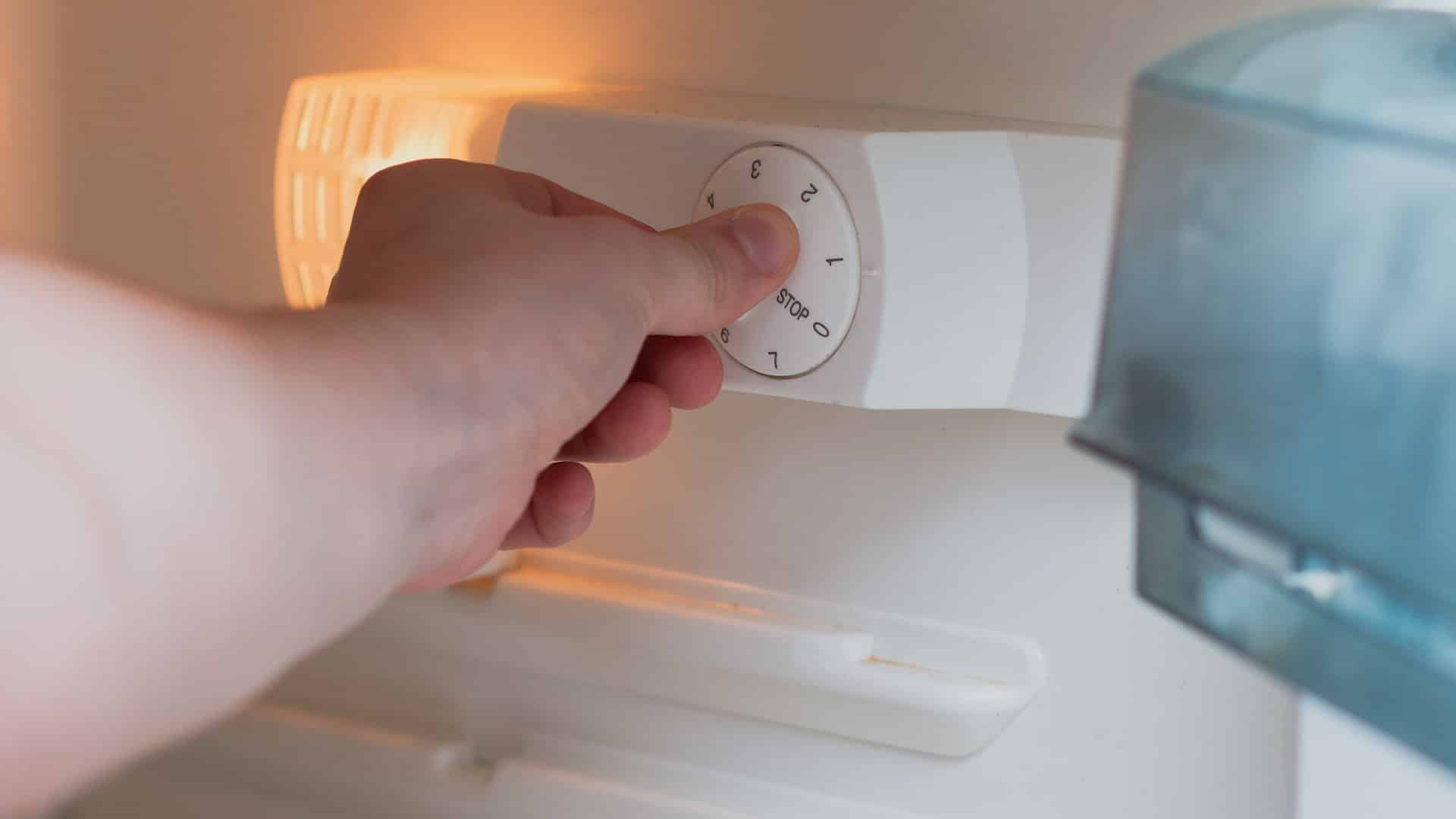
How Many Watts Does a Refrigerator Use?
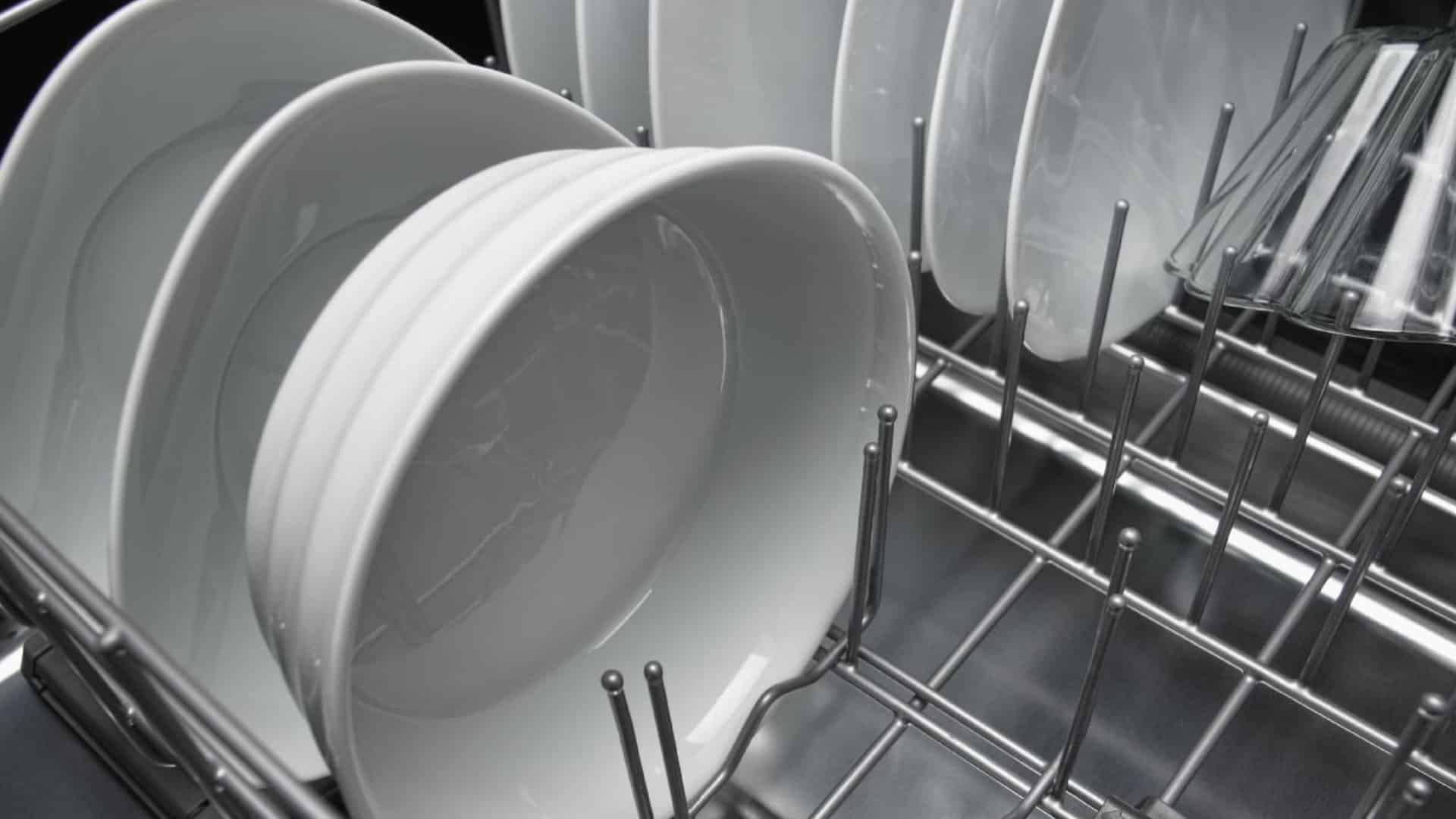
How To Fix a KitchenAid Dishwasher That Isn’t Draining
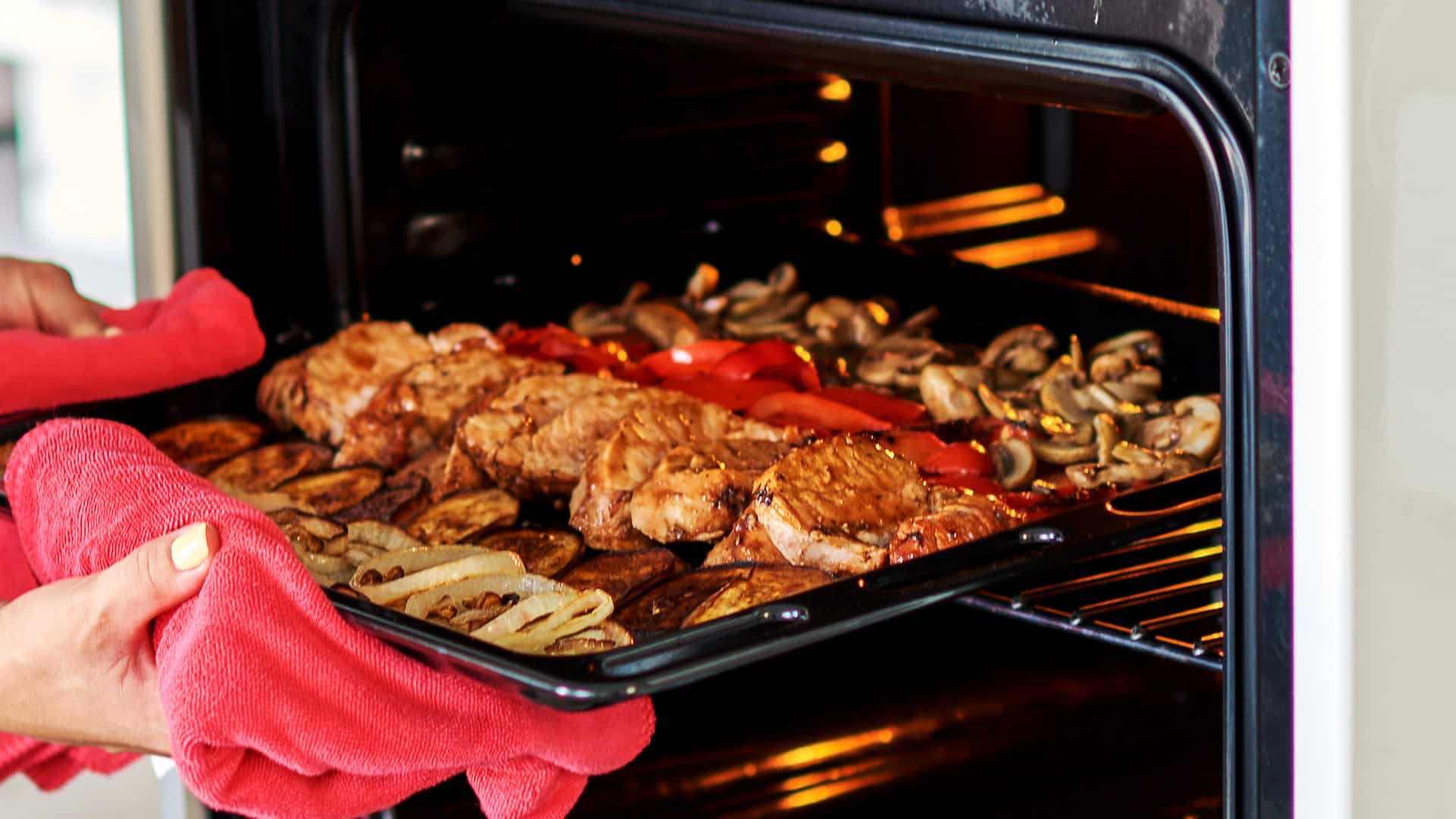
GE Oven F2 Error Code: Causes & Solutions
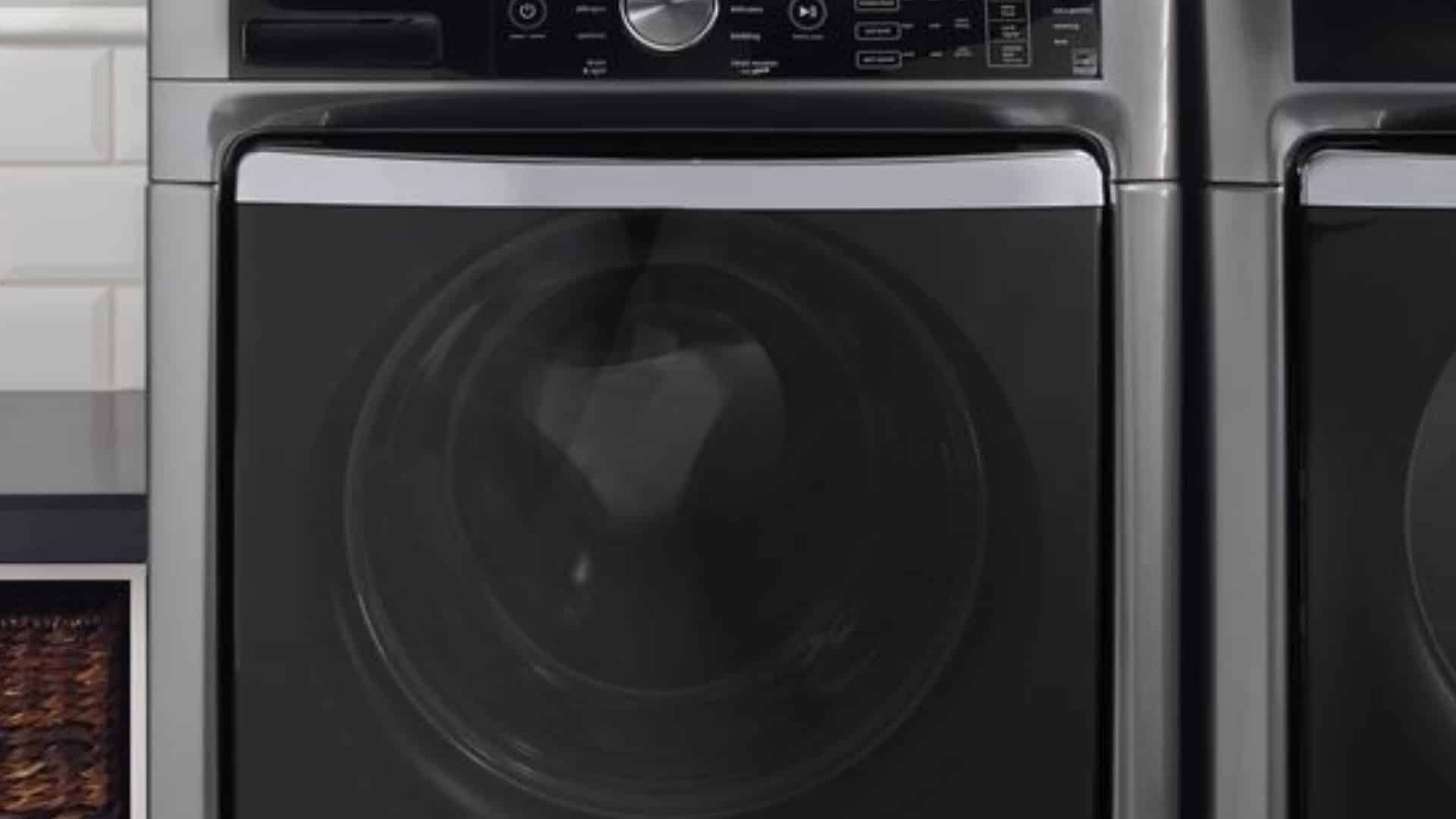
Maytag Washer Not Spinning? 5 Simple Solutions

Why Is Your Refrigerator Not Cooling?
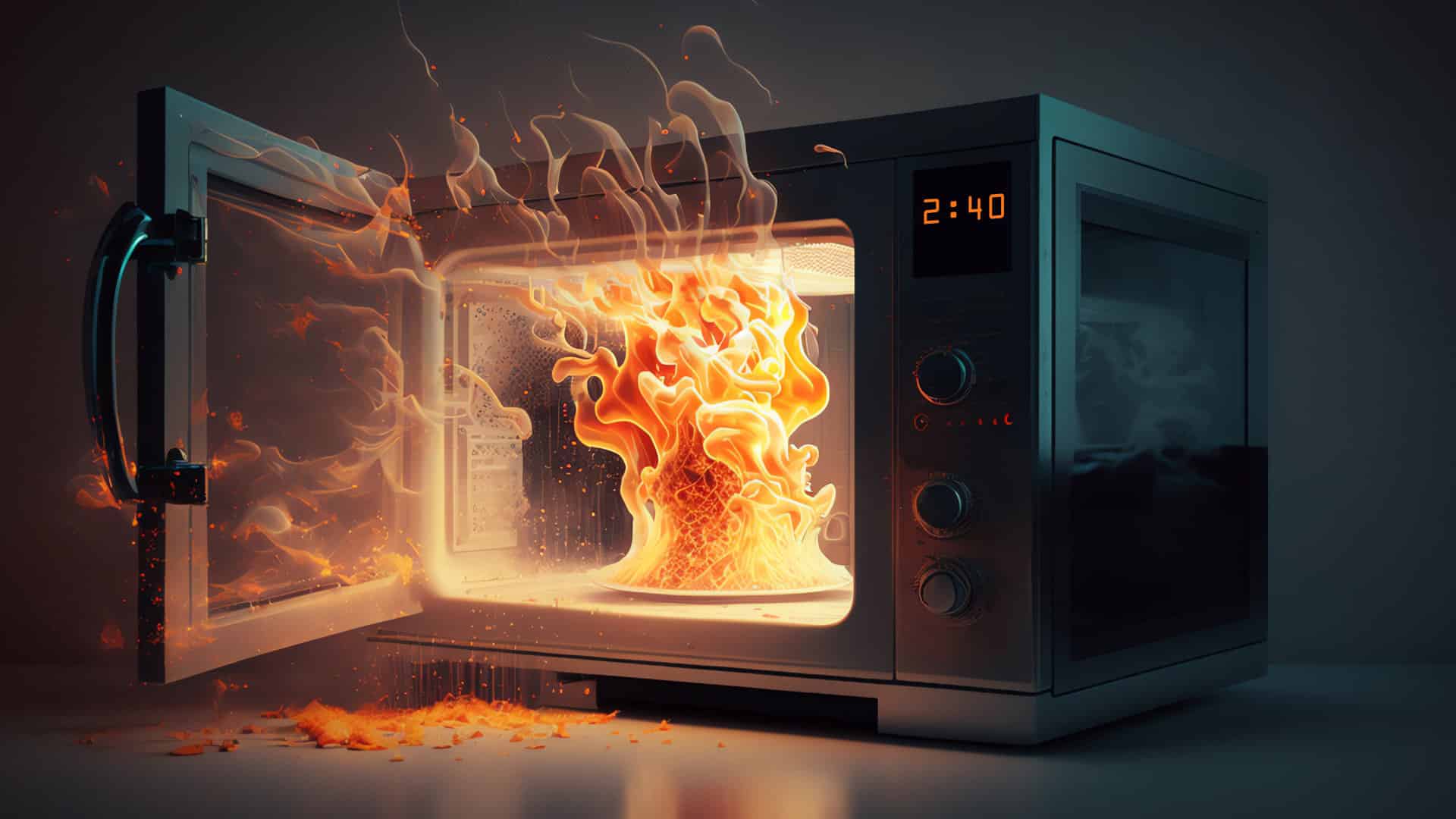
How to Get Rid of Burnt Smell in Microwave
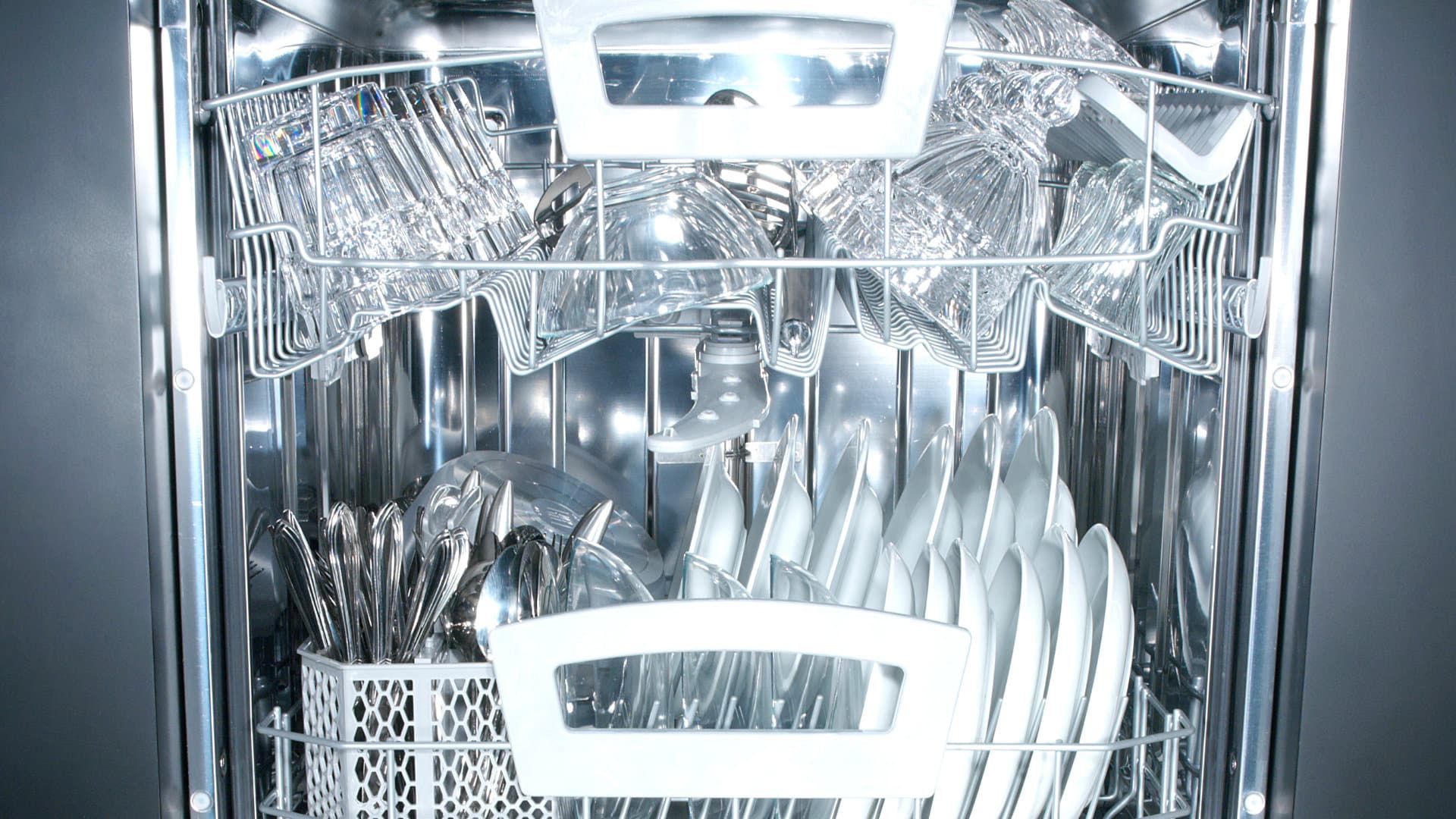
How to Fix a Dishwasher Not Cleaning Properly
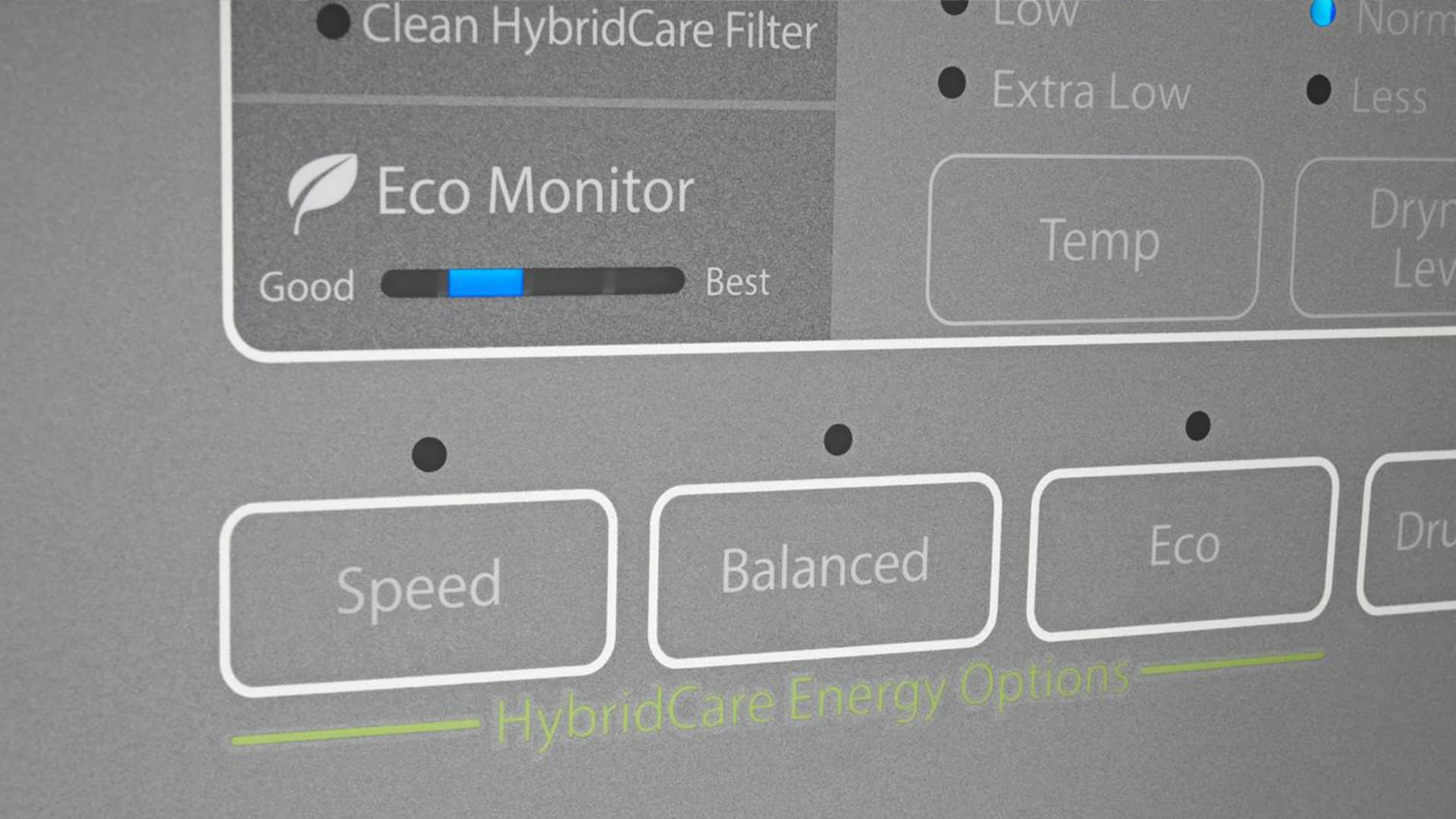
How Much Energy Does My Dryer Use?


